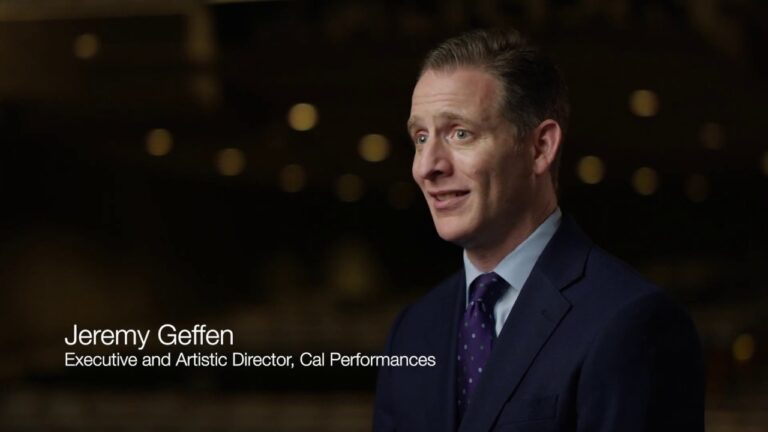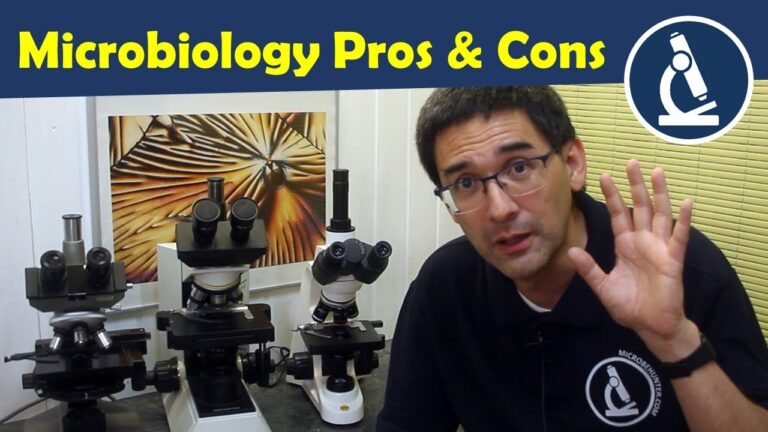Discover a Rewarding Career as a Speech Language Pathologist: Job Description and Salary

Speech Language Pathologist Job Description Template
Speech Language Pathologist Job Description A Speech Language Pathologist (SLP) is a healthcare professional who specializes in the evaluation, diagnosis, and treatment of communication and swallowing disorders. They work with individuals of all ages, from infants to the elderly, who may have difficulties with speech, language, voice, fluency, or swallowing. The primary responsibility of an SLP is to assess and diagnose communication disorders through various methods, such as conducting tests and interviews, observing behavior, and analyzing medical history. Based on their findings, they develop personalized treatment plans to improve their clients’ communication skills. SLPs utilize a wide range of techniques and interventions to help their clients overcome their communication challenges. They may work on improving speech articulation, language comprehension and expression, voice quality, fluency, and social communication skills. They also assist individuals with swallowing difficulties by providing exercises and strategies to improve their swallowing function. In addition to direct therapy, SLPs collaborate with other healthcare professionals, educators, and families to provide comprehensive care. They may also educate clients and their families about communication disorders, assistive devices, and strategies for managing their conditions. Two important qualities that are crucial for a successful career as an SLP are empathy and effective communication skills. Empathy allows SLPs to connect with their clients and understand their unique needs, while effective communication skills enable them to effectively convey information and instructions. Overall, SLPs play a vital role in helping individuals with communication and swallowing disorders reach their full potential and improve their quality of life. They make a significant impact on their clients’ ability to communicate effectively and participate in social, educational, and professional activities.Speech Language Pathologist Responsibilities
Speech Language Pathologist Requirements
How Much Does A Speech Language Pathologist Make?
Speech Language Pathologist Salary
| Experience Level | Annual Salary |
|---|---|
| Entry Level | $58,000 – $75,000 |
| Mid-career | $65,000 – $85,000 |
| Experienced | $75,000 – $95,000 |
| Senior | $85,000 – $110,000 |
A Speech Language Pathologist (SLP) is a healthcare professional who assesses, diagnoses, and treats individuals with communication and swallowing disorders. The salary of an SLP can vary based on factors such as experience, location, and work setting. As shown in the table above, the annual salary ranges for SLPs at different experience levels. Entry-level SLPs can expect to earn between $58,000 and $75,000 per year, while senior SLPs may earn between $85,000 and $110,000 annually. It is important to note that these figures are approximate and can vary based on various factors.
Speech Language Pathologist Salaries by Country
Top Paying Countries for Speech Language Pathologist
| Country | Average Salary (USD) |
|---|---|
| United States | $78,000 |
| Australia | $70,000 |
| Canada | $68,000 |
| Switzerland | $66,000 |
| Norway | $64,000 |
| United Kingdom | $61,000 |
Speech Language Pathologists are highly valued professionals who work with individuals to assess, diagnose, and treat communication disorders. The table above showcases the top paying countries for Speech Language Pathologists, based on average salaries. These countries prioritize the importance of speech and language therapy, providing lucrative opportunities for professionals in this field. While the United States takes the lead with an average salary of $78,000, countries like Australia, Canada, Switzerland, Norway, and the United Kingdom also offer competitive compensation. These salaries reflect the demand for skilled Speech Language Pathologists and the recognition of their invaluable contributions to society.
A video on the topic Speech Language Pathologist
Video Source : American Speech-Language-Hearing AssociationInterview Questions for Speech Language Pathologist
1. What made you interested in becoming a Speech Language Pathologist?
I have always been passionate about communication and helping others. Becoming a Speech Language Pathologist allows me to combine these interests and make a positive impact on people’s lives by helping them improve their speech and language skills.
2. What qualifications and experience do you have in the field of Speech Language Pathology?
I have a Bachelor’s degree in Communication Sciences and Disorders and a Master’s degree in Speech Language Pathology. I am also licensed and certified by the state board. Additionally, I have completed clinical internships in various settings, including schools, hospitals, and rehabilitation centers.
3. How do you assess and diagnose communication disorders in your clients?
I use a variety of assessment tools and techniques to evaluate my clients’ speech, language, and cognitive abilities. This may include standardized tests, informal observations, interviews with the client and their family, and collaborating with other professionals involved in their care. Based on the results, I can then diagnose and create an individualized treatment plan.
4. What strategies do you use to develop treatment plans for your clients?
I develop treatment plans based on the specific needs and goals of each client. I use evidence-based practices and incorporate a combination of therapy techniques, such as articulation exercises, language activities, and assistive technology. I also collaborate with the client’s family and other professionals to ensure a holistic approach to their therapy.
5. How do you monitor and track the progress of your clients during therapy?
I regularly assess my clients’ progress by conducting ongoing evaluations and monitoring their performance in therapy sessions. I use data collection tools and standardized measurements to track their progress over time. This helps me make adjustments to their treatment plan as needed and ensures that we are working towards their goals effectively.
6. How do you involve the family in the therapy process?
I believe that involving the family is crucial for successful outcomes. I provide education and training to the family members, equipping them with strategies and techniques to support their loved one’s communication development outside of therapy sessions. I also encourage open communication with the family to address any concerns or questions they may have.
7. How do you stay updated on the latest advancements and research in the field of Speech Language Pathology?
I am committed to professional development and staying updated on the latest advancements in my field. I attend conferences, workshops, and seminars regularly. I also actively participate in online forums and engage in continuing education courses to expand my knowledge and skills.
8. How do you handle challenging cases or clients who are resistant to therapy?
I approach challenging cases with patience, empathy, and flexibility. I try to understand the underlying reasons for their resistance and adapt my therapy techniques accordingly. I establish a trusting relationship with the client, and if necessary, collaborate with other professionals to develop alternative strategies that can better engage and motivate them in therapy.
9. How do you ensure cultural sensitivity in your therapy practice?
Cultural sensitivity is essential in providing effective therapy. I respect and value the diversity of my clients’ backgrounds and beliefs. I take the time to understand their cultural norms and incorporate culturally appropriate materials and activities into therapy sessions. I also continuously educate myself about different cultural practices to ensure I can provide culturally competent care.
10. What do you find most rewarding about being a Speech Language Pathologist?
The most rewarding aspect of being a Speech Language Pathologist is witnessing the progress and growth in my clients. Seeing them overcome communication challenges and achieve their goals is incredibly fulfilling. I feel privileged to be a part of their journey and to make a positive impact on their lives.






